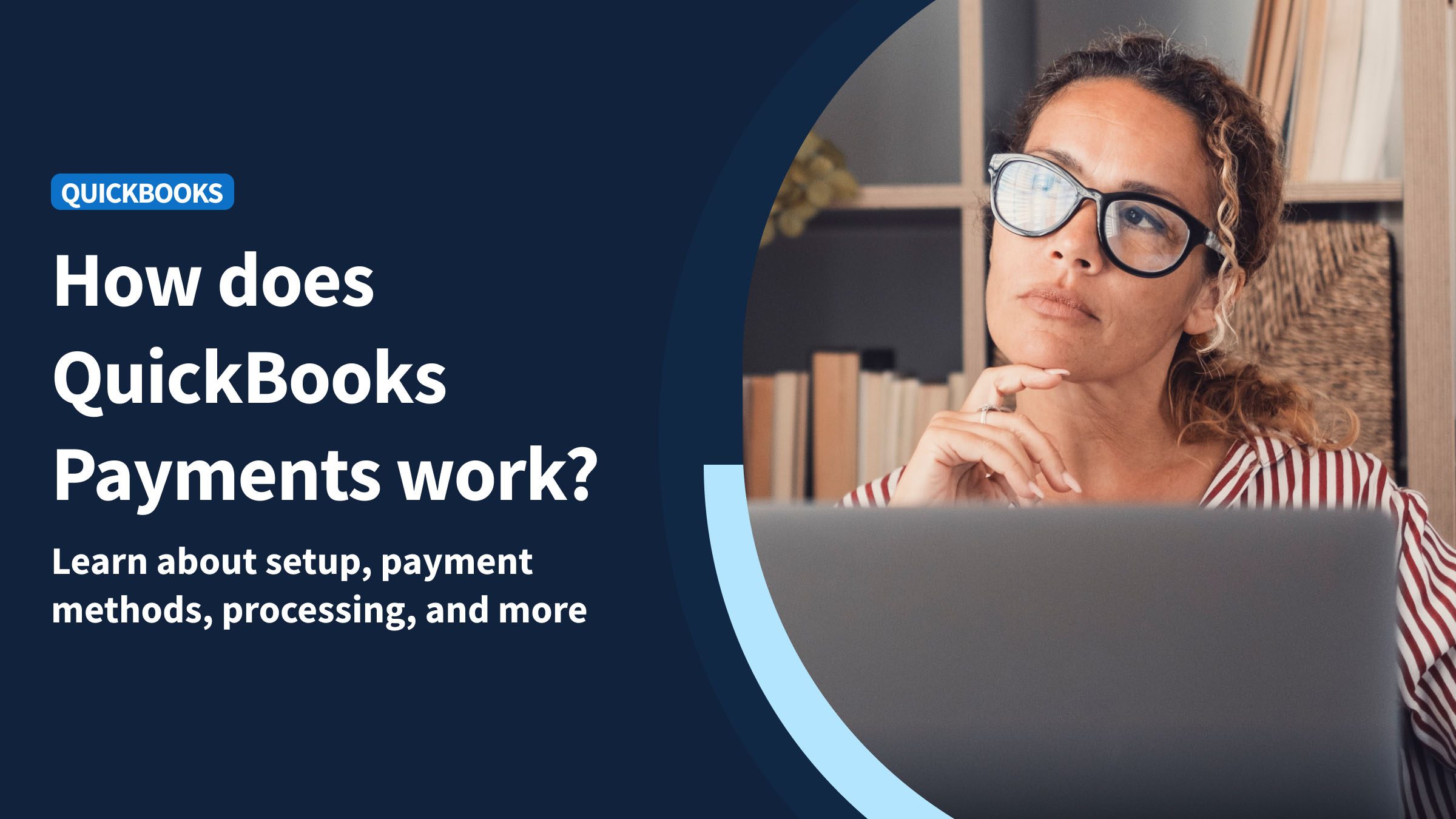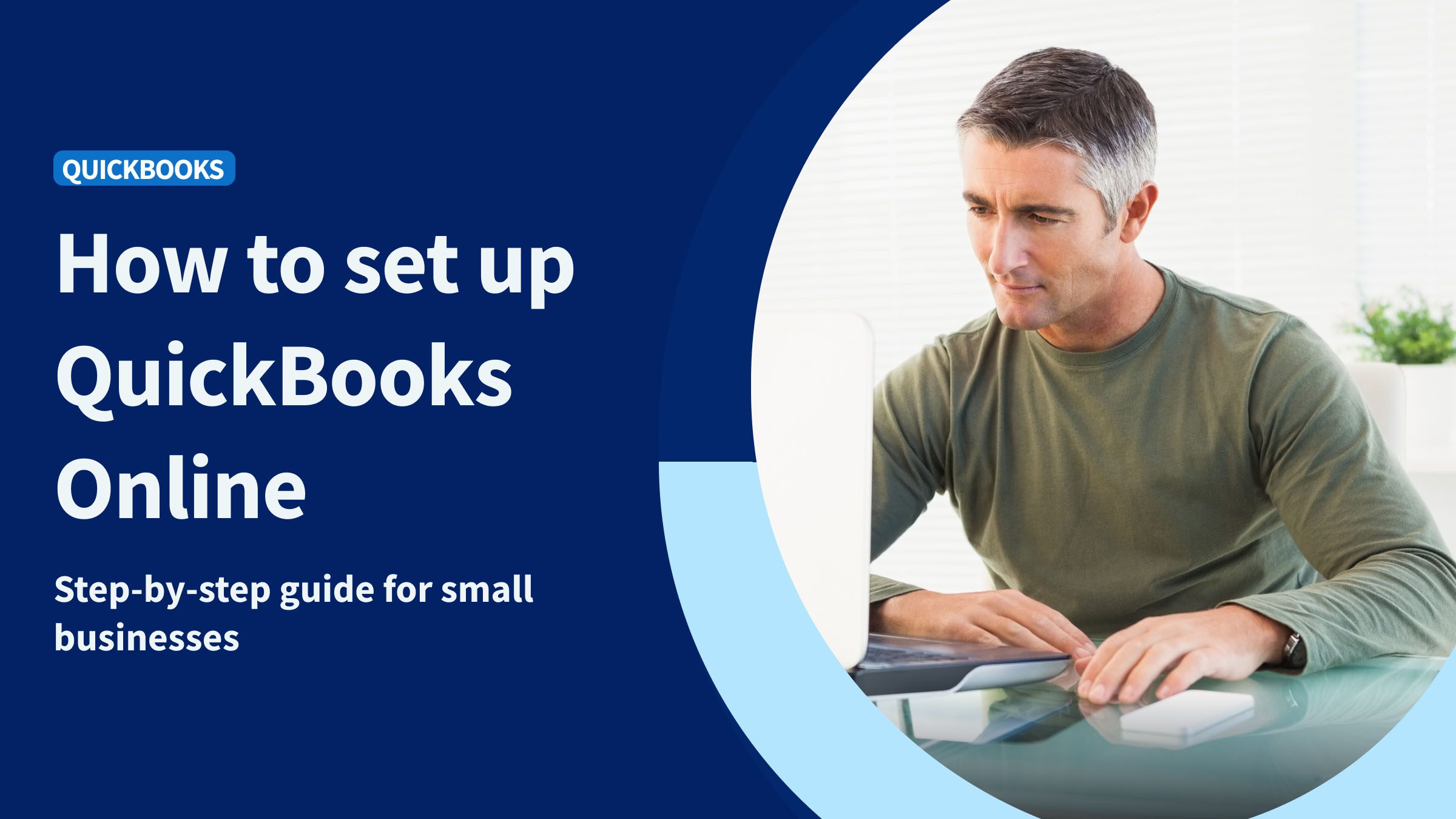Several software enterprises, with their respective rights and trademarks, offer robust integration capabilities. These capabilities allow you to download add-ons that address gaps in your business needs, like data storage location and application size.
Intuit’s QuickBooks Online and Desktop are powerful accounting tools, but they come with certain limitations.
That’s where apps come in, for:
- The QuickBooks Desktop Marketplace,
- QuickBooks Online’s app store (apps.com).
- QuickBooks’ mobile app.
Third-party integrations ensure seamless platform compatibility between your apps and QuickBooks environment.
With this in mind, you may wonder — does QuickBooks mobile app sync with Desktop?
Keep reading to answer this question and discover the top three apps for QuickBooks Desktop that will make your life easier.
What do QuickBooks apps do?
With 200+ apps for QuickBooks Desktop available, the marketplace offers tools that:
- Facilitate expense tracking.
- Enable real-time financial insights.
- Facilitate vendor and supplier management.
- Simplify your reconciliation processes.
Each app comes with its own set of subscription plans, so you can choose what works best for your business needs.
Even as accounting trends change, these apps keep your business up to date. Over time, we found that the right apps improve your:
- Efficiency.
- Revenue.
- Profits.
To ensure the safety of your financial data, these apps are equipped with robust security measures. They also support a wide range of supported transactions, making them versatile for your business.
Many of these apps also empower Desktop users to gain QuickBooks remote access via a mobile device, improving device accessibility. For example, if you’re an Android or iOS user, you can use QuickBooks on your phone or tablet.
But what do you need remote access for? Well, when you’re out on the road, quick and easy access to all your business tools is vital. Through our practical knowledge, it’s also the best way to ensure you don’t miss an important sale just because you’re not at your computer. This is essential for both contractors and self-employed individuals.
These days, many QuickBooks applications let users access all their files from their mobile devices and provide them with additional tools to manage leads and convert them into customers on the go.
With apps on the go, it’s important to remember that offline access isn’t always guaranteed. That’s why having a reliable internet connection is a smart move. Knowing the internet requirements of your apps ensures everything works as expected!
As technology evolves, it’s become necessary to retrieve data from locations outside of the office. With on-demand access to information, collaboration improves so your teams stay on the same page at all times, even with various projects.
Some of the most essential types include:
- Mobile invoicing apps.
- Consolidation tools.
- Accounts payable software.
- Inventory management systems.
The best of these technologies also offer automatic backup functionality and a multi-user mode.
Different types of QuickBooks apps
Whether you run a field service company or work for an accounting firm, QuickBooks offers various apps to cater to different business needs. Here are some broad categories:
Ecommerce apps: Various ecommerce apps like Shopify and WooCommerce integrate seamlessly with your online store, tracking:
- Sales.
- Inventory.
- Customer data.
An ecommerce app also typically links transactions from mobile to desktop.
Payment apps: Payment apps like PayPal and Square sync with QuickBooks to simplify your payment processing and increase the accuracy of your financial calculations. This integration also transmits invoices created on mobile.
Productivity apps: QuickBooks integrates with tools like Microsoft 365 and Google Workspace, providing you with an all-in-one solution to manage your business operations. This integration ensures that QuickBooks interacts without data discrepancies, so you maintain consistent and accurate information across platforms.
Tax apps: QuickBooks offers apps like Turbotax that:
- Calculate and file taxes automatically.
- Simplify tax season for you.
- Reduce the chance of errors.
Specialized business tools: QuickBooks offers apps to streamline virtually every aspect of your business, from CRMs like Salesforce and Method CRM to:
- Inventory.
- Payroll.
- Time tracking.
- Project management tools.
How does QuickBooks work?
QuickBooks is an accounting software that simplifies financial management for small-to-midsize businesses. From QuickBooks Desktop to Online, it keeps track of all financial transactions including:
- Sales.
- Expenses.
- Payroll.
With its easy-to-use interface, QuickBooks lets you:
- Create and send invoices.
- Generate custom reports.
- Improve budgeting and forecasting — and much more!
Benefits of using QuickBooks apps
QuickBooks apps support your business in many ways. Here are some of the benefits:
- Efficiency: QuickBooks apps automate tedious tasks like data entry and bank reconciliation to free up time for other important business activities.
- Accuracy: Automated processes reduce the risk of errors that come with manual data entry to ensure your books are always accurate.
- Insights: With improved analytics, QuickBooks apps help you analyze your data to gain deeper insights into your financial health that you can learn and grow from.
- Integration: QuickBooks apps integrate and synchronize with a range of external software to give you a unified system that manages various aspects of your business seamlessly.
- Data import/export: QuickBooks apps let you import and export data from various sources with ease, which saves time and reduces errors in data entry.
- Monitoring: With QuickBooks apps, you can monitor your financials in real time to make informed business decisions promptly.
What should you look for in a QuickBooks Online integration?
There are several factors you should consider when integrating QuickBooks Online with other software.
First, you should make sure the application is easy to use and intuitive.
Next, evaluate its cost-effectiveness and ask yourself if it adds value to your business. Remember to consider if the added functionality is worth the expense.
Each integration should provide seamless data transfer between both applications and handle any amount of data without error. It’s best to use a native integration vs. a third party connector for this reason.
Finally, look for applications that include:
- Customer support access.
- Sync frequency adjustments.
- Error handling capabilities to address issues that might arise.
Note that you should check out the reviews and ratings of these apps to guide you in selecting the best tools for your business.
QuickBooks mobile invoicing apps
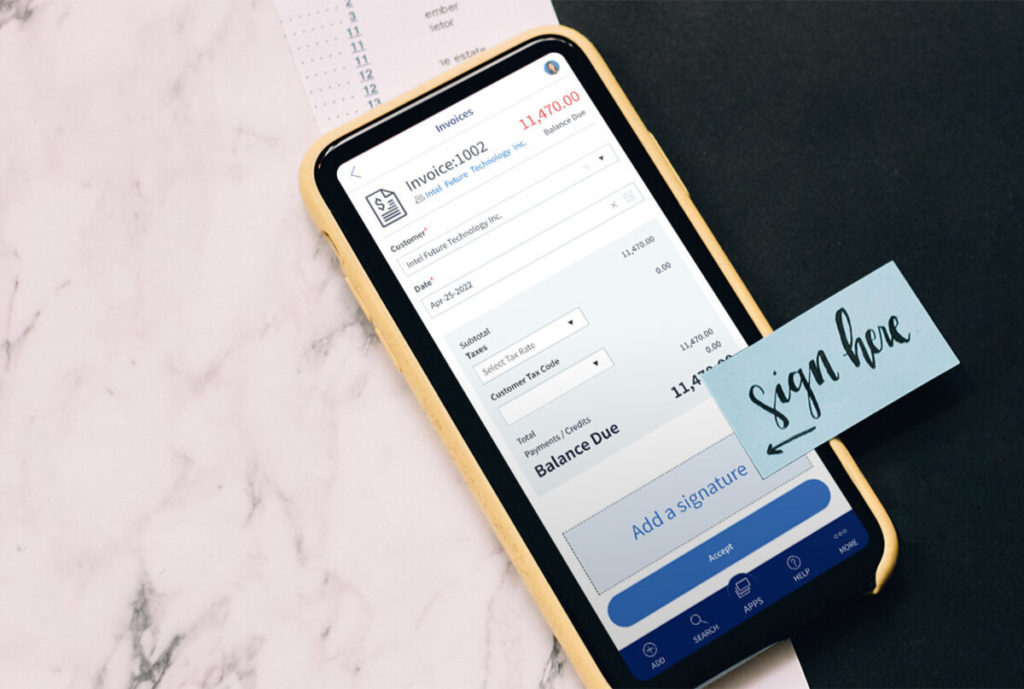
After putting it to the test, most mobile invoicing solutions, including Method CRM’s, allow small businesses to:
- Customize their quotes and invoices.
- Automate accounting processes like billing operations.
- Send an outstanding payment notice.
- Create custom text fields.
Drawing from our experience, this improves efficiency and, in turn, keeps clients happy.
QuickBooks Time (formerly Tsheets), on the other hand, lets business owners keep track of employee hours, overtime hours, and paid time off. It also helps:
- Optimize invoicing and billing.
- With sending and approving accurate, up-to-date job costings.
- Share receipts from any device.
QuickBooks consolidation tools
Some QuickBooks apps are designed to help bookkeepers consolidate finances and improve reporting accuracy. After putting it to the test, we found that this allows you to:
- Get a full view of your business’ current financial status.
- Compare numbers across segmented divisions under a single parent company — all at the click of a button.
Based on our observations, this feature is something that’s incredibly useful for companies that use multiple reports or files in their accounting.
Some apps that can help with this include:
- Method, which is the #1 automation tool for QuickBooks Online and Desktop users.
- Spotlight Reporting, which has budgeting, analytics, and forecasting tools.
- JustConsolidate, which is best for multi-company consolidation.
Your accountants will love consolidation tools because of how much easier they make managing finances, and bookkeeping in general.
QuickBooks accounts payable apps
Accounts payable is money that businesses owe to suppliers. Examples include:
- Advertising costs.
- Office equipment.
- Services.
These appear as liabilities on your balance sheet.
Accounts payable apps help business owners stay on top of both their accounts payables and accounts receivables to strengthen cash flow management.
They are especially helpful as you grow and it gets harder to keep track of all your customers’:
- Credit cards.
- Checks.
- Sales orders.
These apps keep your business in a much more organized state financially, which helps you maintain relationships with vendors and partners. This way, you ensure any payouts you fulfill are timely and accurate.
Some of the best QuickBooks-compatible accounts payable apps include:
- Procurify.
- Bill.com.
- Expensify.
- Sourcery.
And while getting the most out of every tool is important for small businesses, navigating this many QuickBooks apps quickly gets daunting.
To simplify this process, we’re going to share some tips on different categories of QuickBooks apps. Plus, drawing from our experience, we’ll give you our recommendations for the top tools small businesses can use to extend the power of QuickBooks Desktop.
QuickBooks inventory management apps
QuickBooks is built to handle a variety of different manufacturing functions, but it has yet to perfect inventory management. Based on our firsthand experience, it struggles to handle variables like multiple warehouses or serial numbers.
Incorporating a third party integration with an app such as SOS Inventory helps enhance inventory management, particularly if you have a more complex inventory system with multiple supplies, products, or purchasing orders.
The top 3 apps for QuickBooks Desktop
With further ado, here are your top three apps for QuickBooks Desktop:
1. Method CRM
Method CRM is the #1 rated QuickBooks CRM on the market, available in the English language. With 1,400+ 5-star reviews on apps.com, it’s a favorite among both QuickBooks Online and Desktop users — especially if they’re small business owners.
Often the first solution QuickBooks Desktop users look for once they’re set up, Method CRM makes it easy to manage your customers and win more deals. As a result, it helps you maximize profit.
As one of the more popular apps for Quickbooks Desktop, Method CRM simplifies your:
- Lead management and opportunity tracking.
- Sales process.
- Project management.
- Customer experience.
- Team workflows through automation.
And as a no-code, customizable CRM, you can tailor Method CRM to your exact business processes and needs — without hiring any developers.
Not to mention that its patented, two-way sync works seamlessly with QuickBooks Desktop. This sync updates your information in real time and eliminates the need for double data entry.
Method also offers a customizable self-service customer portal, where your customers can:
- Solve issues themselves.
- Access informative content on your products and services (i.e., guides, blog articles, etc.).
- Download and upload sizable documents, including photos.
- Track transactions and orders.
- Pay bills with multiple payment options.
Plus, you can add your logo to maintain professional branding, which gives your customers a sense of security.
Providing self-serve options benefits everyone, as it also takes some of the workload off your support team.
With Method CRM, you:
- Have your customer details instantly update in your CRM and QuickBooks.
- Keep track of and close potential sales easier.
- Automate time-consuming workflows to increase productivity.
- Enhance your data with a wide range of robust integrations.
- Centralize financial information, customer records, and transaction history.
Not to mention, as a cloud-based platform, Method CRM makes it easy to access your QuickBooks Desktop data anytime, from any place. You can use the mobile app to:
- Check customer profiles on the go.
- Create estimates while out of office.
- Always stay in close contact with your customers.
How to get started
Method CRM offers a free, no-commitment trial for all QuickBooks users.
On top of access to all of Method CRM’s features during your trial period, you also get a free 1-hour customization session where you can chat with an expert Business Solutions Specialist. You also get access to a variety of support resources that guide you through the software.
Once you’ve finished your trial and have a firm grasp of the software, you can pick the plan that best suits your business’ needs.
You’ll find Method CRM’s three pricing plans here. These plans have competitive costs and no hidden fees.
2. Tsheets Time Tracking
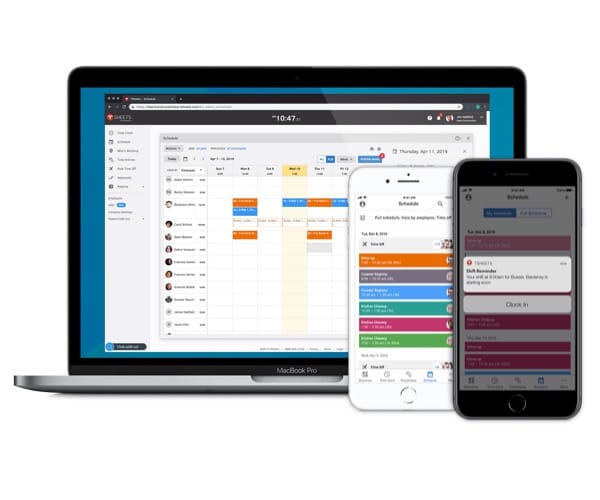
Image credit: Tsheets
The next on our list of top apps for QuickBooks Desktop is Tsheets Time Tracking software. As your number of workers increases, time tracking manually in Excel becomes more and more difficult.
Our team discovered through using this product that Tsheets is every small business owner’s dream, as it helps streamline payroll management. It also simplifies:
- Employee time tracking and scheduling.
- Invoice management.
- Job costing.
With the items on this list, and its 4,000+ 5-star reviews on apps.com, Tsheets is one of the best apps that integrates with QuickBooks.
As a cloud solution, Tsheets syncs data to QuickBooks Desktop so you don’t have to waste time inputting the same information twice, and it even offers a mobile app.
How to get started
You can try Tsheets for free by starting a trial.
3. Bill.com
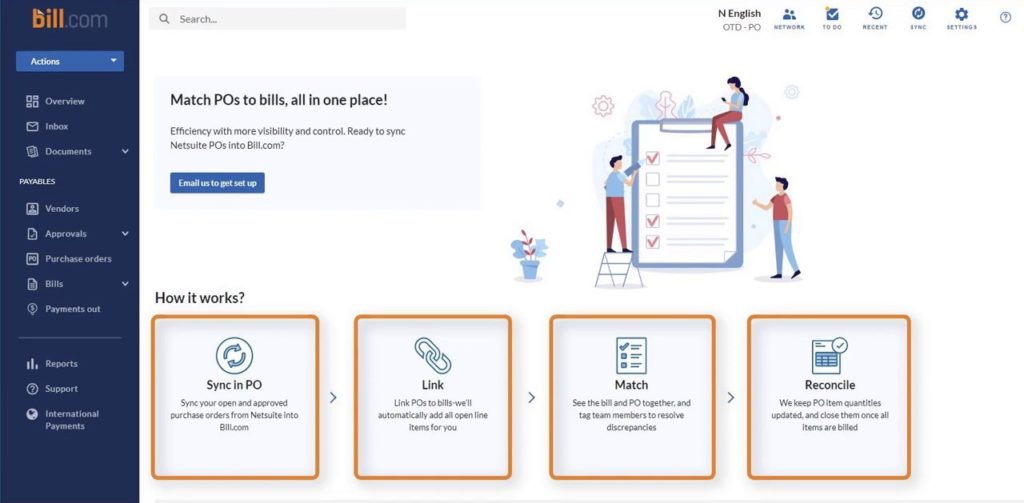
Image credit: Bill.com
The last of our top apps for QuickBooks Desktop is BILL. Our analysis of this product revealed that it makes expense management and bookkeeping easy through:
- Artificial intelligence.
- Machine learning.
- Cloud technology.
With BILL, you can:
- Send and receive payments faster.
- Reduce manual data entry on things like sales tax.
- Save money by always paying in local currency.
- Build workflows for approvals.
- Lower your credit card processing fee.
BILL integrates with every version of QuickBooks (Online, Pro, Premier, and Enterprise) and has over 400 5-star reviews on apps.com. It’s also a secure option, as it requires that its vendors follow strict insurance policies.
How to get started
Enhance cash flow management and make tracking expenses easier with your free 90-day trial of BILL.
What are QuickBooks add-ons?
QuickBooks add-ons are software applications that you can add to provide additional features and functionalities.
They offer specialized capabilities in areas like:
- Inventory management.
- Time tracking.
- Analytics and reporting.
Some popular examples of QuickBooks add-ons are Method, TSheets, Expensify, and Fishbowl.
What web apps can I connect to QuickBooks Desktop?
You can connect various different apps to QuickBooks Desktop. Here are some popular apps it syncs with:
- Method CRM: A customer relationship management (CRM) tool that syncs seamlessly with QuickBooks to provide enhanced customer management, personalized workflow automation, and much more.
- Fishbowl Inventory: A simple yet powerful software that provides advanced inventory tracking and management.
- TSheets: A time tracking and employee scheduling software that integrates with QuickBooks to make HR, payroll, invoicing, and job costing easier.
Now that we’ve explored some popular apps, let’s answer the question, “Does Quickbooks mobile app sync with Desktop?”
Does QuickBooks mobile app sync with Desktop?
No, the QuickBooks mobile app does not sync with the Desktop version. However, you can still manage your QuickBooks data effectively through alternative solutions like Method. Method:
- Connects automatically to the desktop database.
- Uploads mobile entries to desktop.
- Downloads desktop data to mobile.
- Interfaces with the desktop software.
- Relays expense entries to desktop.
Method reflects changes made on the go and corresponds with desktop for real-time balances. This keeps your financial data consistent and easy to manage.
Does QuickBooks mobile app sync with QuickBooks Online?
When asking, “Does QuickBooks mobile app sync with Desktop?” it’s also important to consider QuickBooks Online.
The QuickBooks mobile app syncs smoothly with QuickBooks Online and updates changes across platforms.
That said, it’s not without its limitations. You can make your mobile QuickBooks functionality more effective with third-party apps. Syncing with these apps:
- Communicates updates instantly.
- Transfers data without manual intervention.
- Matches records between devices.
- Shares financial data across versions.
- Synchronizes inventory counts.
- Aligns customer records between versions.
To sum up, a QuickBooks mobile add-on integrates data in real-time, so you see updates right away.
Best alternative to QuickBooks Desktop
We’ve answered, “Does QuickBooks mobile app sync with Desktop?” so you may want to explore other options.
If that’s the case, here are some options to consider:
- QuickBooks Online: QuickBooks Online provides real-time updates and access to your financial accounting data from anywhere to facilitate seamless collaboration among team members.
- Wave: If you’re a freelancer, entrepreneur, or small business owner, Wave is a great choice. It’s a free, user-friendly accounting software that includes features for invoicing, expense tracking, and more. However, it lacks more complex features such as inventory management and time tracking.
- Xero: Known for its powerful features and simplicity, Xero is a great QuickBooks Desktop alternative for businesses of all sizes. It offers powerful accounting tools, inventory tracking, project management, and over 700+ integrations.
There’s no doubt that software such as QuickBooks and Xero are great accounting tools, but even the best accounting software isn’t designed to handle all of your business needs.
From inventory to invoicing, Method CRM is the best tool that syncs with QuickBooks and Xero — it lets you automate the work you can do, but don’t want to.
Recap: Best apps for QuickBooks Desktop
Now that we’ve answered the question, “Does QuickBooks mobile app sync with Desktop?” let’s look at the best apps for QuickBooks Desktop:
- Method CRM.
- Tsheets Time Tracking.
- Bill.com.
Our findings show that all these apps help you do more with QuickBooks and give you remote access to the financial data you need to keep your business running smoothly. Plus, it makes things easier for you and your employees.
Here’s the good news — all your best options offer no-commitment, free trials, so nothing is stopping you from taking your QuickBooks Desktop account to the next level.
QuickBooks apps FAQs
What are the limitations of QuickBooks mobile app?
Although the answer to “Does QuickBooks mobile app sync with Desktop?” is a no, it’s important to understand the mobile app’s limitations.
Despite its data synchronization, some QuickBooks features limitations include user interface differences and limited reporting options.
These limitations restrict your ability to add new accounts or sign up for payments in the app.
How much do QuickBooks apps cost?
Similar to the cost of QuickBooks itself, the price of its apps can vary. It all depends on the specific third-party app and the features it offers.
What do QuickBooks apps integrate with?
QuickBooks apps integrate with various software, including:
- E-commerce platforms.
- Payment processors.
- Tracking tools for tax, inventory, payroll, and employee hours.
QuickBooks apps have different functions that let you:
- Ensure compliance with tax regulations.
- Simplify customer relationship management.
- Boost productivity in financial tasks.
- Maximize operational efficiency.
What are the trends relating to QuickBooks apps?
Some trends related to QuickBooks apps include:
- Increased automation.
- Improved analytics.
- More comprehensive integrations.
- An ongoing shift towards cloud-based solutions.
Extend the power of QuickBooks Desktop with your free trial of Method CRM.
Image credit: Roman Bozhko via Unsplash





